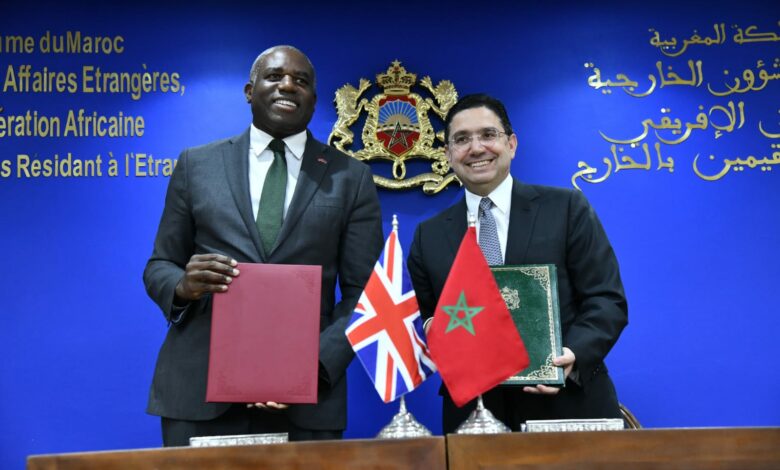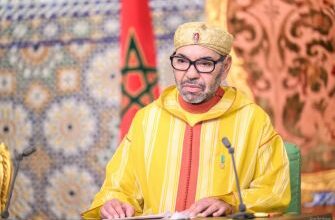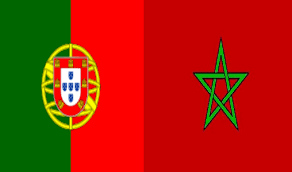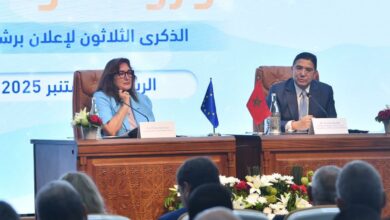Historic British Position Strengthens Morocco’s Sovereignty over Its Sahara and Delivers a Blow to Opponents of Territorial Integrity
Historic British Position Strengthens Morocco’s Sovereignty over Its Sahara and Delivers a Blow to Opponents of Territorial Integrity

Aldar / Analysis
The United Kingdom has delivered a major diplomatic shock to the adversaries of Morocco’s territorial integrity by explicitly announcing its support for the autonomy initiative proposed by the Kingdom to resolve the regional dispute over the Moroccan Sahara.
This position, articulated in a joint official statement issued from the capital Rabat, reshuffles the deck on the international stage and reinforces the growing global recognition of the legitimacy of Morocco’s proposal.
The British statement used clear and decisive language, affirming that “the autonomy plan proposed by Morocco since 2007 constitutes a serious, realistic, and credible basis for achieving a final resolution to this regional dispute.”
Moreover, the United Kingdom expressed its commitment to supporting this initiative across all international platforms, representing a strong endorsement of the Moroccan stance — particularly significant as London is a permanent member of the United Nations Security Council.
This qualitative shift in Britain’s position reinforces the dynamic vision led by King Mohammed VI, which centers on consolidating Morocco’s sovereignty over its entire national territory and fostering international partnerships that invest in the southern provinces as a promising space for development and stability. According to the statement, the UK also expressed its readiness to participate in major economic and investment projects in the southern regions, opening new horizons for economic cooperation between Rabat and London.
What is especially notable in this development is that the UK has moved beyond silent political support, choosing instead to adopt a public and politically binding stance. This bolsters Morocco’s position within the Security Council and across international institutions, and deals a significant blow to the propaganda disseminated by the separatist Polisario Front and its backers.
This strong British declaration, which can be seen as a strategic shift among major powers regarding the Sahara issue, reflects a growing international awareness of the unrealistic nature of separatist claims and a preference for pragmatic, rational solutions that preserve regional stability.
For the opponents of Morocco’s territorial unity, these escalating international positions are a stinging rebuke and a clear signal that the world is no longer receptive to outdated maneuvers and hollow slogans. The global consensus is increasingly leaning toward political realism, economic development, and respect for national sovereignty.
Today, Morocco’s voice is no longer heard in isolation; its positions are resonating with allies and international partners. With Britain joining the ranks of major nations supporting the autonomy plan, the legitimacy of Morocco’s approach is further reinforced, and the contours of a final resolution to this long-standing conflict are becoming more apparent.
This marks a pivotal moment in the history of this issue and provides clear evidence that the diplomatic efforts led by His Majesty King Mohammed VI are bearing fruit. Most importantly, the sands of the Moroccan Sahara — once targeted by political manipulation — now stand as a symbol of unity and a vision of development shared by all regions of the Kingdom, from north to south.





